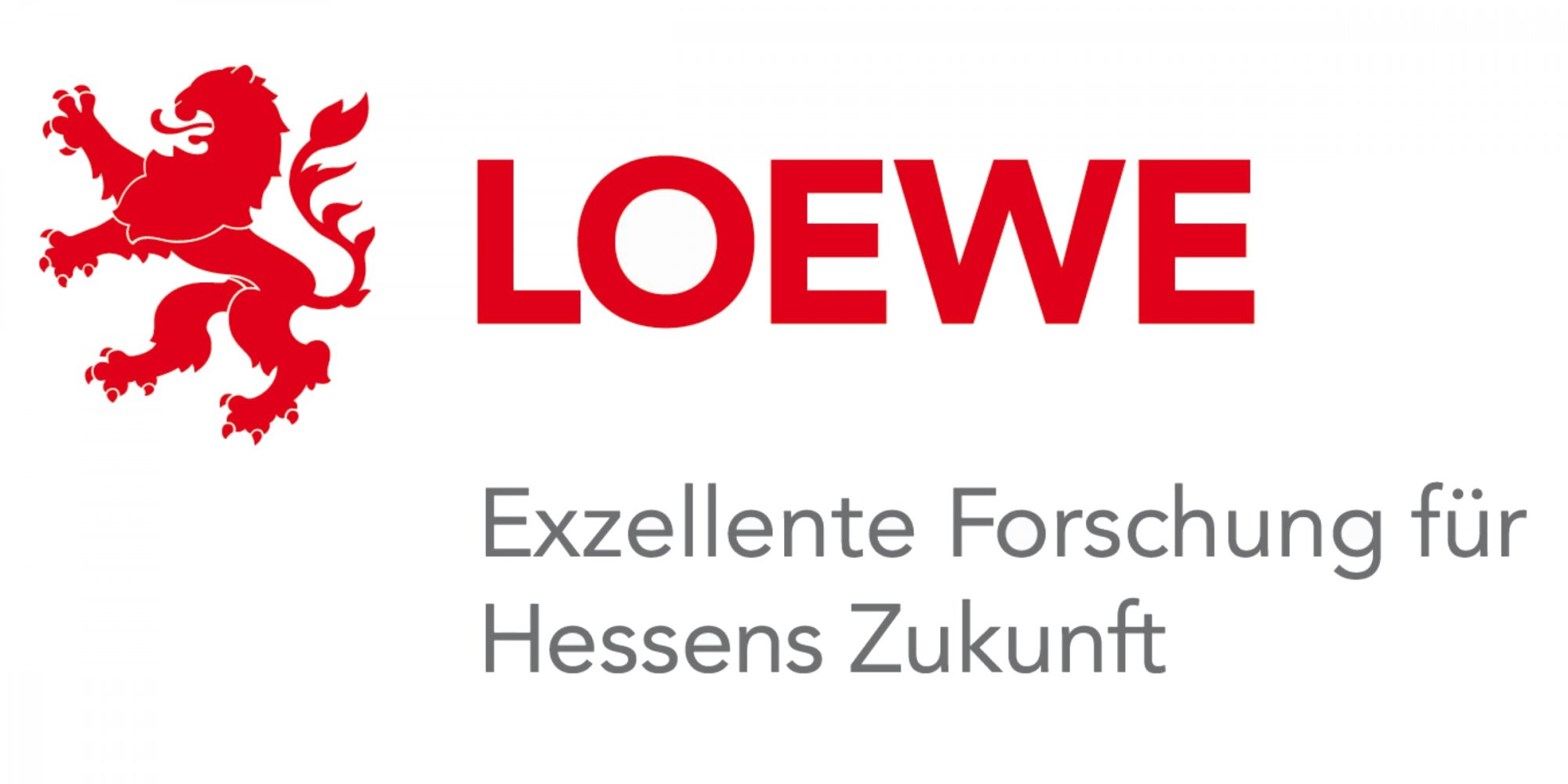ADHD – Attention-Deficit Hyperactivity Disorder
The project ADHD studied various aspects of Attention-Deficit Hyperactivity Disorder (ADHD) and self-regulation. The project was founded in Constance in 2002 by Caterina Gawrilow. Since April 2009, the project ADHD has been incorporated in the IDeA Center.
Project Description
ADHD is one of the most common psychiatric disorders in childhood and adolescence. Affected children are inattentive, hyperactive, and impulsive, which leads to manifold difficulties in school and social life. Furthermore, children and adolescents with ADHD show deficits in executive function – i.e. in inhibiting behaviors and reactions, or in switching flexibly between different tasks. Thus, their ability to self-regulate is restricted.
The project ADHD focused mainly on two questions (1) Which competencies and deficits do children and adolescents with ADHD have? and (2) Can self-regulatory strategies be helpful to improve these deficits? We aimed at answering these questions by conducting a number of different studies. For further information please visit our website: www.adhd-research.com.
Funding

Cooperations
Selected Publications
Gawrilow, C., Morgenroth, K., Schultz, R., Oettingen, G., & Gollwitzer, P. M. (2013). Mental contrasting with implementation intentions enhances self-regulation of goal pursuit in schoolchildren at risk for ADHD. Motivation and Emotion 37, 134-145.
Gawrilow, C. (2012). Lehrbuch ADHS. München: ERV.
Gawrilow, C., Gollwitzer, P. M., & Oettingen, G. (2011). If-then plans benefit delay of gratification performance in children with ADHD. Cognitive Therapy and Research, 35, 442-455.
Project Details
| Status: |
Completed Projects
|
|---|---|
| Department: | Education and Human Development |
| Duration: |
04/2009 – 06/2014
|
| Funding: |
External funding
|